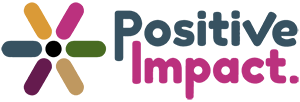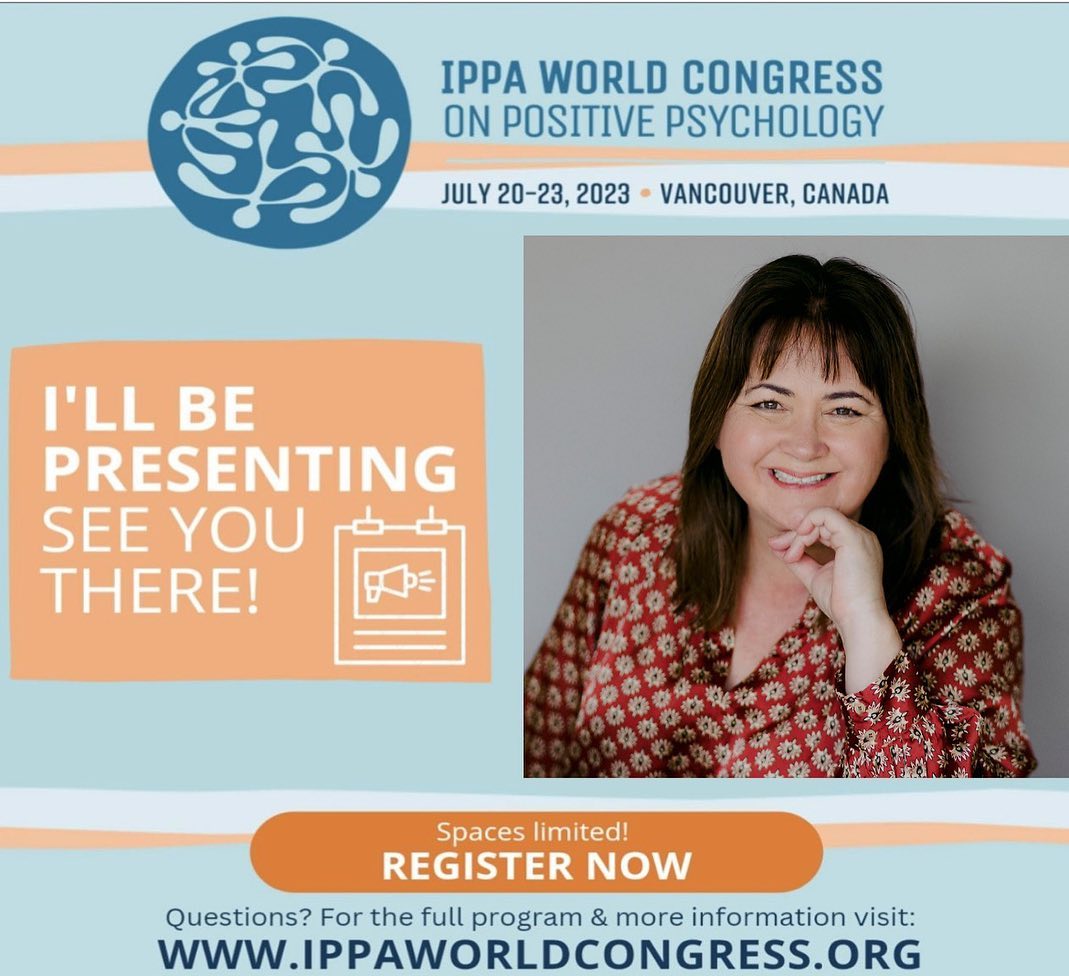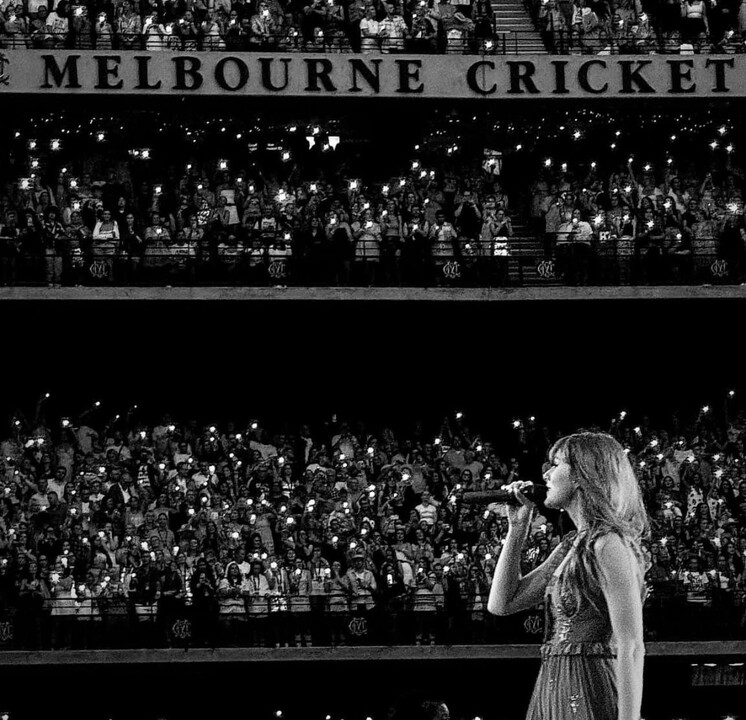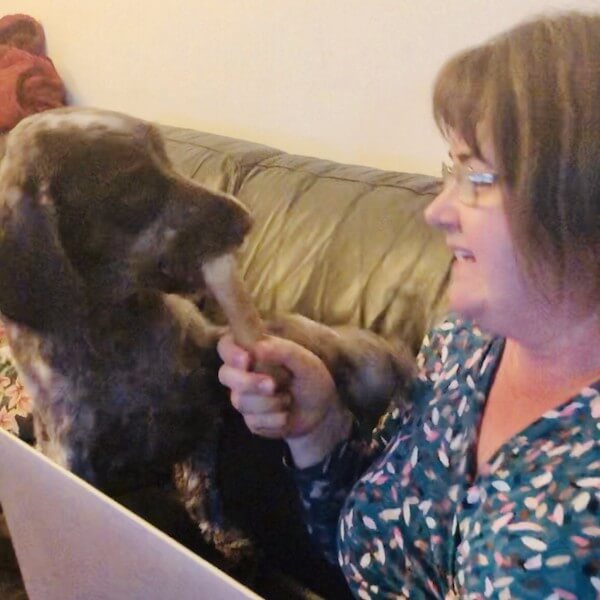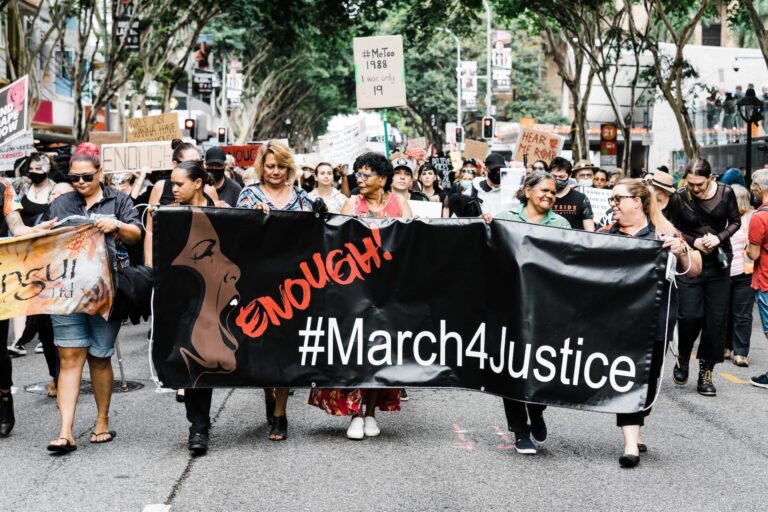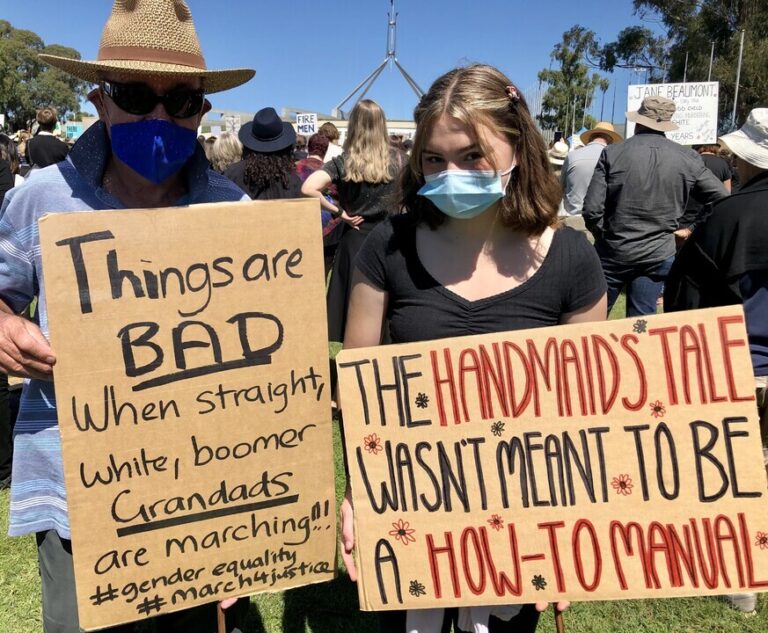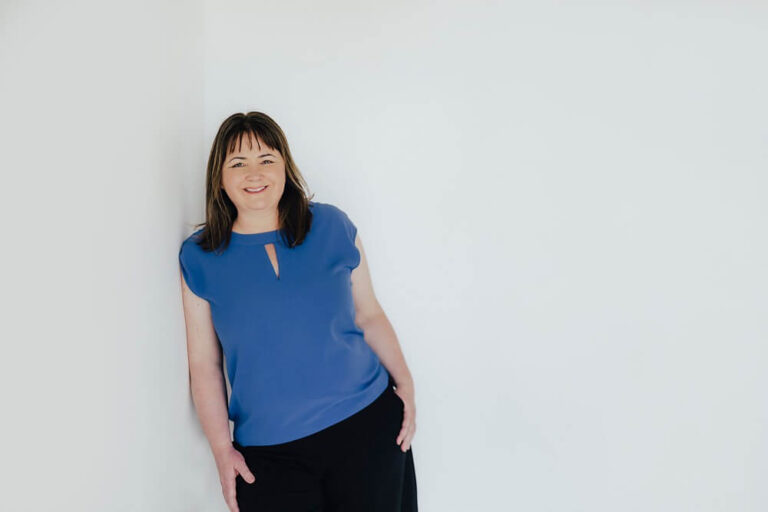Angelina’s Presentation to International Positive Psychology World Congress, Vancouver 2023
Like others here today, I am the mother of a daughter. She graduated high school in the top 5% of students. She’s at university and is bright and ambitious. Yet when she eventually joins the full-time workforce, studies suggests that in her first year of work, she and her female graduating colleagues, may end up earning around 5% less than the men they graduate with. Within three years it’ll be around 8-10% less. Beyond that, as an adult woman in my country, she’s worth around 13% less than her brothers’.
Friends, we have a workplace gender equality problem. Which of course is a part of a much broader global gender equality problem which, based on current progress, the World Economic Forum says will take around 135 years to rectify.
The current approaches to workplace gender equality are clearly not adequate.
My name is Angelina Eynon and I have spent the past three decades working in banking, management consulting and leadership development. For the last two decades, I’ve been focussed specifically on women’s leadership development as a coach & facilitator. I also teach positive psychology at a university business school.
What I want you to consider is that building wellbeing literacy in your organisations, and adding a wellbeing lens will add value and make a difference to the success of your workplace gender equality initiatives.
The business case for workplace gender equality is long established and there is extensive research showing links between higher numbers of women in leadership positions improving:
- decision making,
- innovation, and
- overall company performance.
Greater numbers of women in governments lead to better health & education outcomes, more action on climate change, less war, and even less corruption. During the covid pandemic, countries led by women had 40% less covid-related deaths.
Countries with higher levels of gender equality across their societies and institutions also have more positive attitudes, laws and policies on diversity and inclusion more broadly.
In short, when there is greater gender equality: organisations and nations thrive.
The science of thriving is positive psychology, and as a practitioner and teacher of this science, I am still befuddled by why there is so little PP research focus on gender equality and the impacts on wellbeing at the me, we and us levels?
How is it that we are at this crucible moment in history where women’s voices, strengths and skills are really starting to be heard, recognised, and valued, and yet…
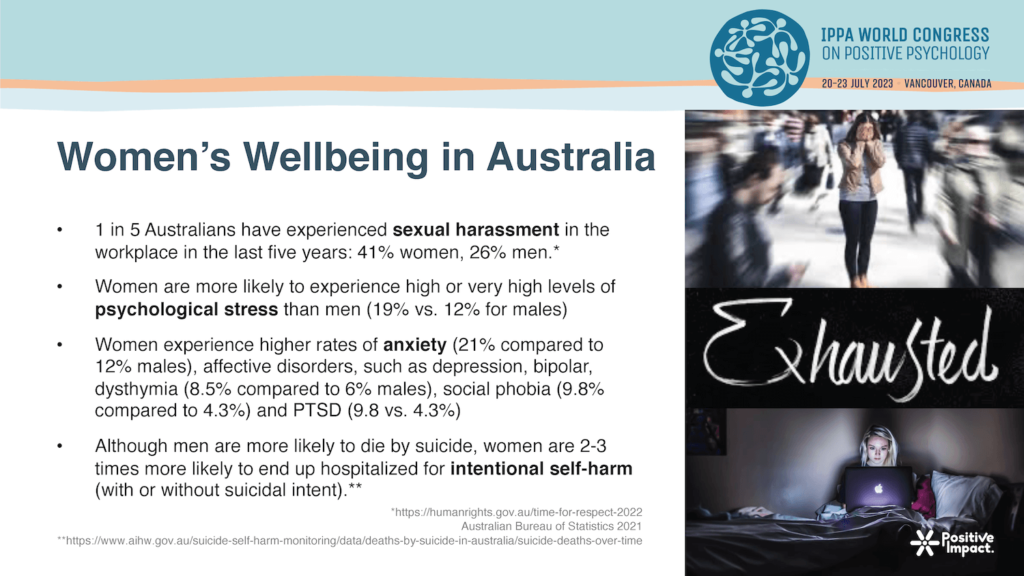
… public health data shows that women in Australia are less well than their male counterparts.
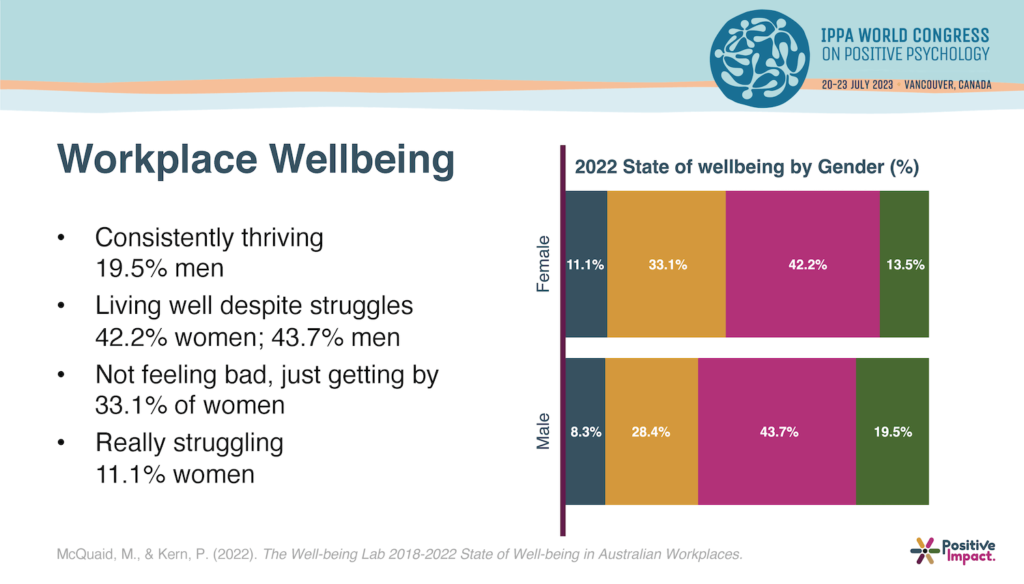
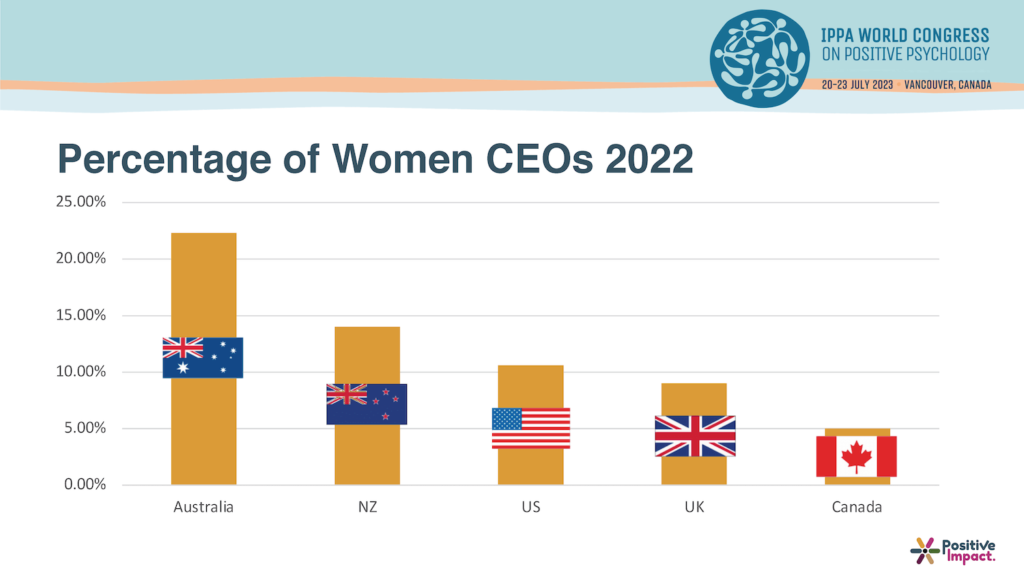
And we are significantly less well-represented in executive roles.
Add intersectionality to this picture and it becomes a bleak one indeed.
We can we do better than this.
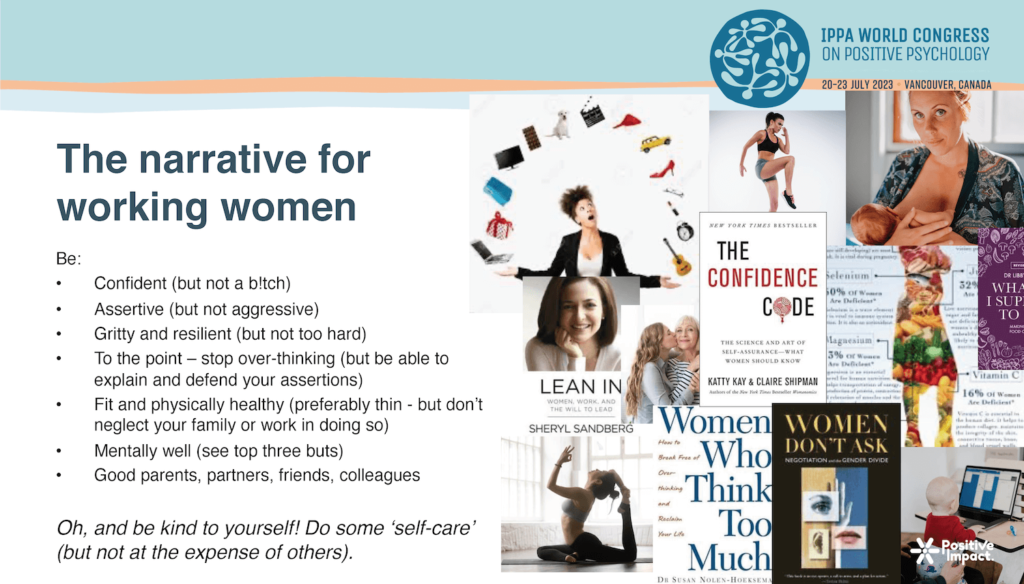
Let’s look at where we are at the moment with workplace women’s leadership development programs. Most programs focus on how to ‘fix the women’:
We are asked to teach women to be:
- More confident and assertive, (but not aggressive or bossy);
- Less emotional – more gritty and resilient, (but not too hard);
- Faster at making decisions and getting to the point, (but still thoughtful, considered and data driven)
So, the message coming from these programs is: “we want women to behave more like the alpha men – but also, we don’t.” It’s frankly, confusing.
There is commentary on how senior women should look, speak, dress and how they style their hair.
And if women get stressed, we’re quick to prescribe ‘self-care’: have a massage and a bubble bath – as long as it’s not at the expense of any of your responsibilities.
I have many women that I coach who get up at 4.30 and 5am so that they can smash out a work-out, get kids school lunches ready and take them to school; then commute and start a full working day.
I also see increasing numbers of my coachees with auto-immune diseases and other stress-related illnesses.
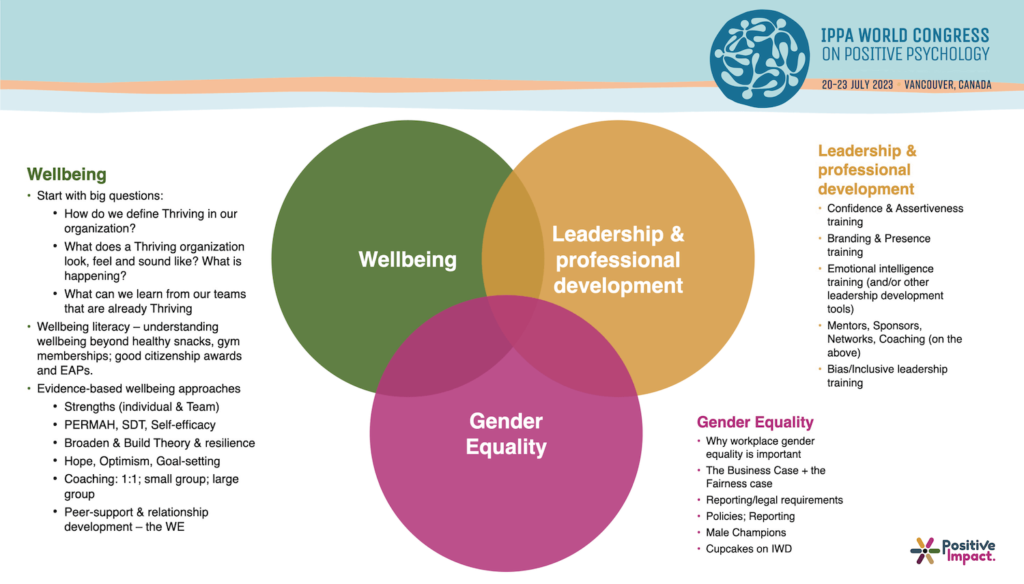
So what do WE do that in our approach that is different:
While traditional workplace gender equality initiatives focus on the orange and the pink circles –
Which is necessary and important – where we start is over here in the Green
WE START at wellbeing: and the questions we start with, with our clients are what are the factors the help individuals, teams and organizations thrive?
What evidence can assistance us?
We do NOT start with faux pathological diagnoses of confidence issues or imposter syndromes.
We work at team, group and one-on-one levels. We use and measure with a variety of tools, for example, one large bank, we worked with over five years, we used and measured PsyCap. With the nearly 300 women we worked with; we saw an average 25% increase in PsyCap from course start to completion (approx. 4 months).
We Build wellbeing literacy: Lindsay Oades defines wellbeing literacy as intentional language for and about wellbeing. This involves a deep dive, over time into the core elements of positive psychology. For example, I recently ran a session for 50 senior lawyers – men and women – where we explored broaden and build theory and its relationship to work. One activity the group particularly enjoyed was sharing stories about their experiences of specific positive emotions at work, for example, awe, interest, gratitude and calm.
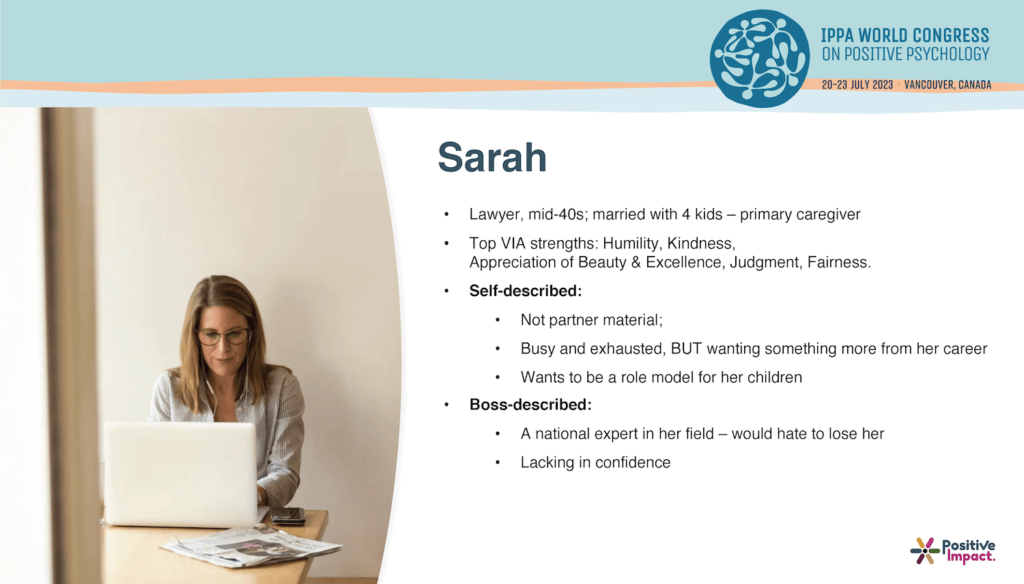
I’d like to introduce Sarah – a program participant from a mid-tier law firm we have been working with since 2018.
Since 2020 alone, 24% of her firm’s promotions to partner have been women from our programs.
When I first met her, she told me she was not partner material. When I challenged her on this she threw her top two strengths of humility and kindness at me and said, ‘See, here’s why! My strengths aren’t strengths – they are soft weaknesses.’
Aside from setting her homework to spend time really exploring how these two strengths contributed to her success in her career thus far, we also focused on other aspects of her wellbeing using the PERMAH model.
Sarah was surprised to learn that relationships are one of the strongest predictors of longevity and life satisfaction but was soon able to marry this with her own experiences with her family, friends and work colleagues.
But there was something in the background niggling at Sarah, and after some exploring with our group and also 1:1; she realized it was two things from PERMAH: 1) the meaning/mattering, and 2) the accomplishment.
The area of law Sarah works in is highly specialized and deeply meaningful for her – she is also a national expert in this area. Whilst it mattered for her to be valued and recognized professionally; her deepest desire is to be a positive role model her girl and boy children. In terms of accomplishment, she felt she had fallen behind her year level peers.
Turns out that her husband (at a different firm), and her boss were both students with her at university. They graduated the same year. And her boss later told me she had the highest GPA.
They (the men) both became partners in their 30s.
She became a mother and worked part time hours while she took primary care responsibility for her kids.
Partnership was something she wanted – but she also wanted to be a good mum.
When you work with groups of people over time like we do, strong bonds form and we promote and encourage our participants to support each other by amplifying each other’s voices and ideas – and we share strategies for doing this.
When Sarah humbly shared that she was throwing her hat in the ring for partner, there were loud cheers in the room and offers of practical support, for example, introductions to others who had recently made partner. On hearing that she was interested in partner, her boss, who had mistaken her humility for lack of confidence, made it his mission to help her achieve this. He provided additional opportunities for her to showcase her expertise and put her in contact with other partners (men and women) working four day weeks.
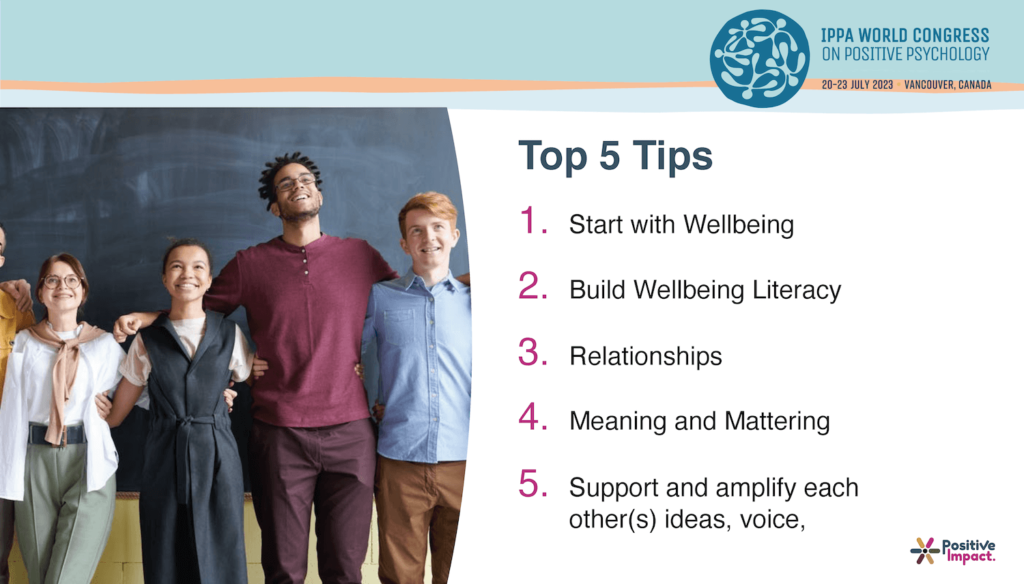
Sarah has been a partner since the end of 2020 and wears what she now calls her Leadership strengths of kindness and humility as badges of honour. She is a great partner. Sarah also works a 4-day-week as a partner – something that her company did not even blink at when she negotiated it.
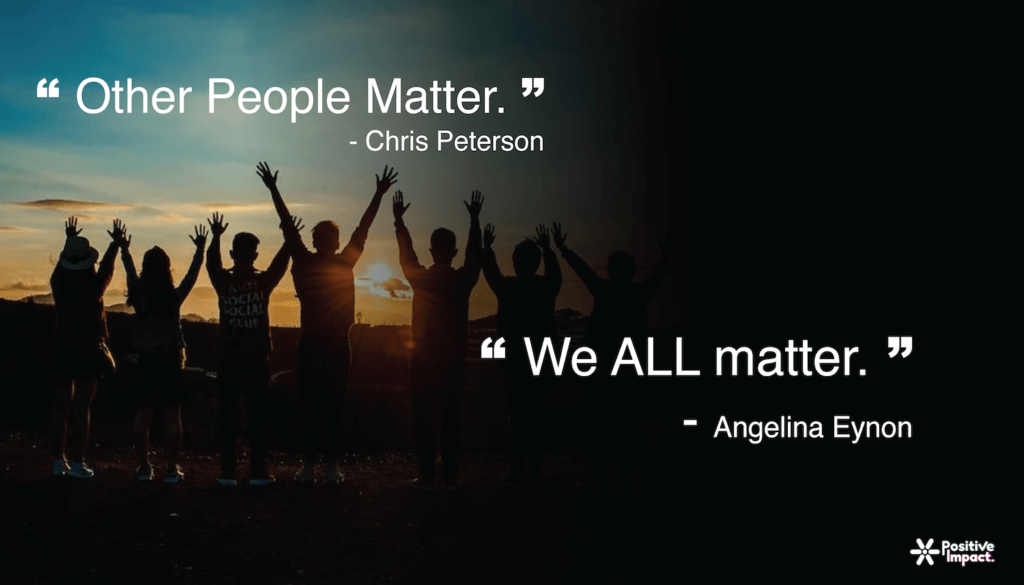
To conclude, I want to hark back to what the late Chris Peterson very famously said when asked what positive psychology IS – he said, it IS other people matter.
When we add this lens – that other people matter, that our wellbeing & thriving matters – and build this into our workplace gender equality initiatives, MAYBE THIS CAN BE A course corrector we need.
Thank you.
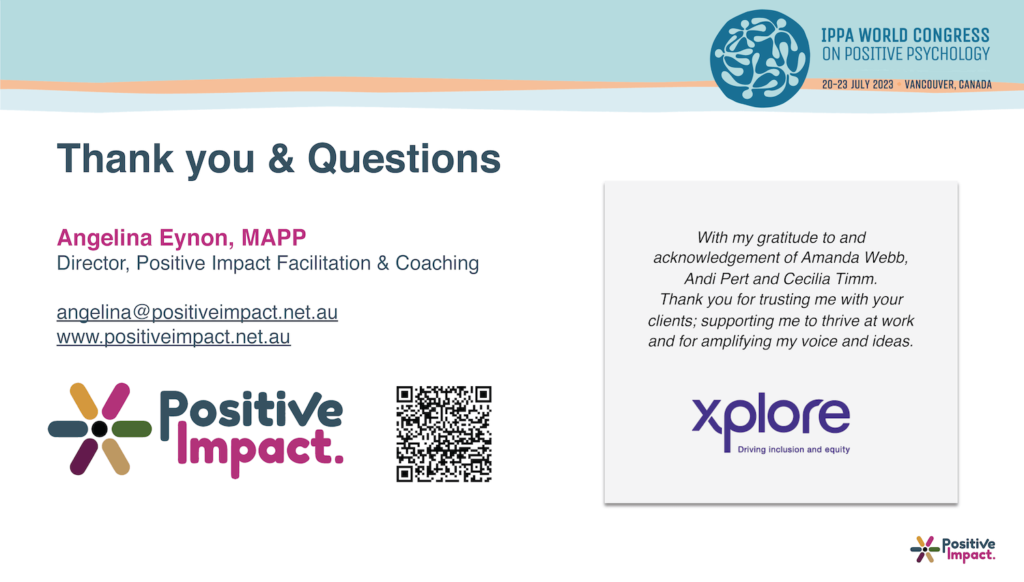
References
- https://www.theage.com.au/national/victoria/gender-pay-gap-more-than-doubles-among-university-graduates-20221011-p5bou2.html#
- Deloitte 2022 Women @ Work Report: Australia. https://www2.deloitte.com/content/dam/Deloitte/au/Documents/about-deloitte/deloitte-auwomenatwork-australia-2022.pdf
- Jarden, A., & Jarden, R. (2016). Positive psychological assessment for the workplace. The Wiley Blackwell Handbook of the psychology of positivity and strengths‐based approaches at work,
- Luthans, F. L., Avolio, B. J., & Avey, J. A. (2007). Psychological capital questionnaire.
- McQuaid, M., & Kern, P. (2022). The Well-being Lab 2018-2022 State of Well-being in Australian Workplaces.
- Oades, L. G., Ozturk, C., Hou, H., & Slemp, G. R. (2020). Wellbeing literacy: A language-use capability relevant to wellbeing outcomes of positive psychology interventions. The Journal of Positive Psychology, 15(5), 696-700.
- Oades, L. G. (2017). Wellbeing Literacy: The missing link in positive education. In White, M., Slemp, G. & Murray, S.A. (Eds.), Future Directions in Wellbeing (pp. 169-173). Springer, Cham.
- World Economic Forum. (2022). Global Gender Gap Report 2022
- https://www.uq.edu.au/news/article/2022/06/female-leadership-attributed-fewer-covid-19-deaths
- Workplace Gender Equality Agency. (2023). Website. https://www.wgea.gov.au/sites/default/files/documents/WGEA-Gender-Equality-Scorecard-2022.pdf
- Australian Bureau of Statistics. (2021, December 8). First insights from the National Study of Mental Health and Wellbeing, 2020-21 | https://www.abs.gov.au/articles/first-insights-national-study-mental-health-and-wellbeing-2020-21
